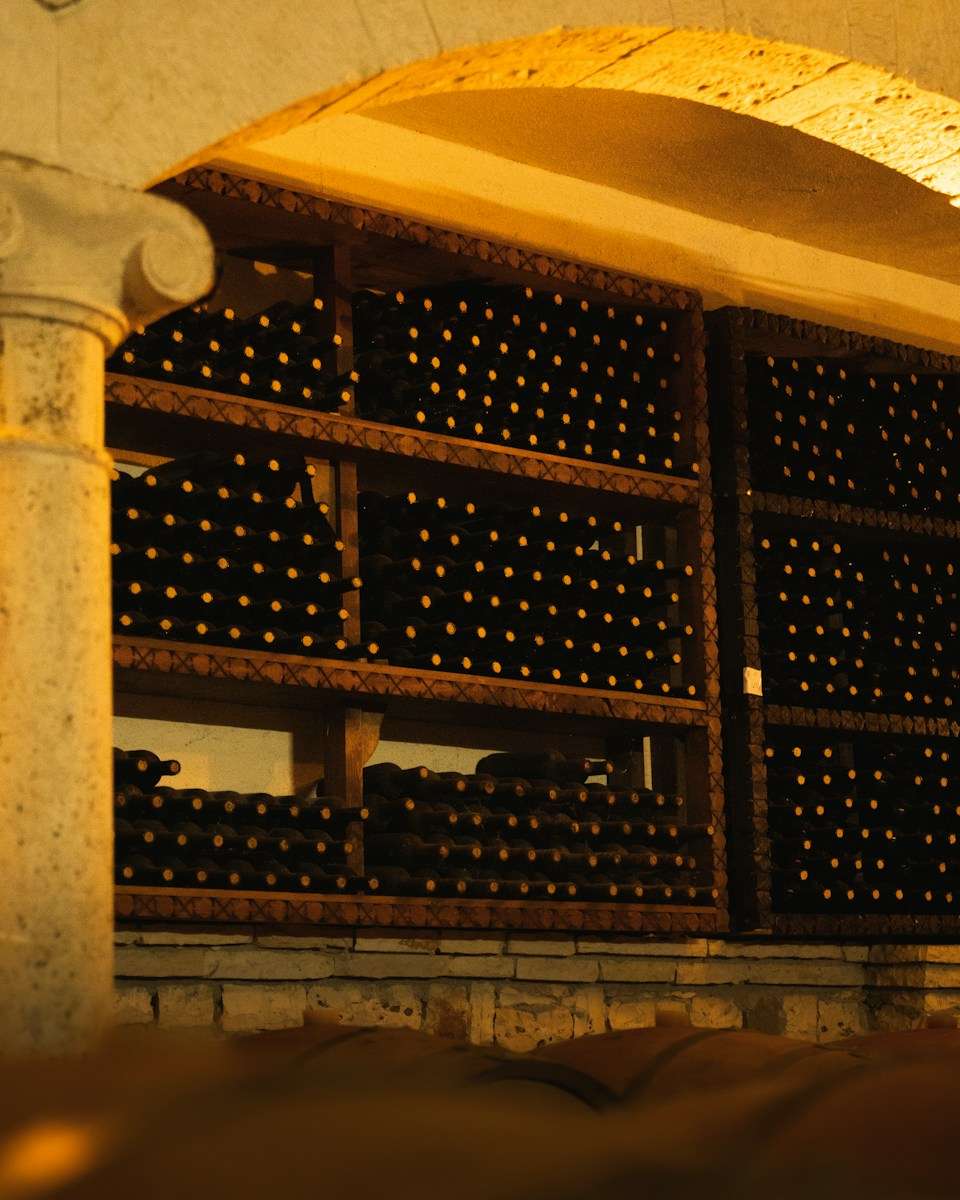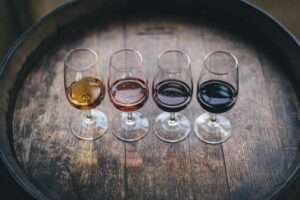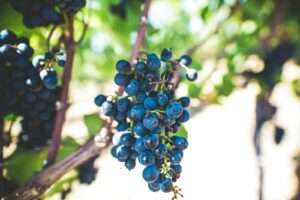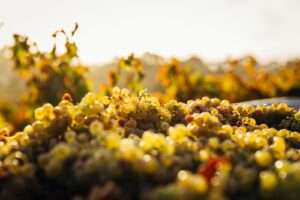Table of Contents
The Ultimate Dry Wine Handbook: Savoring Every Drop, Every Note
Decoding “Dry” in Wine: Sweetness vs. Sensation
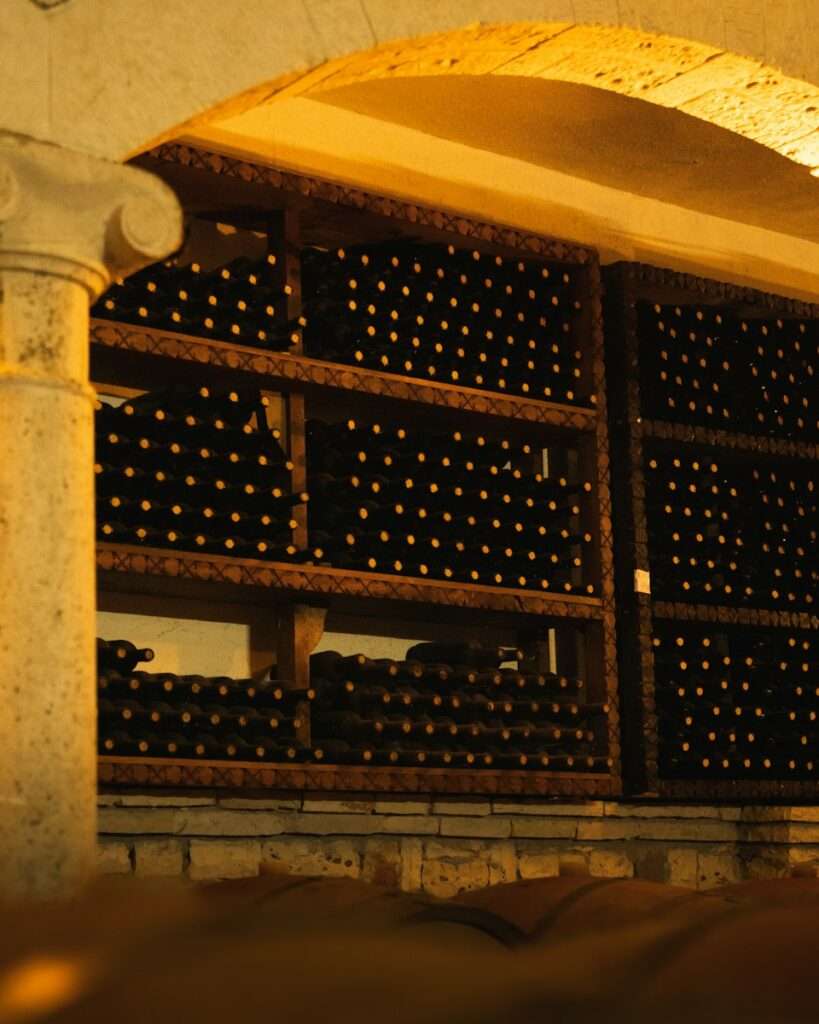
Referring to a wine as “dry” is one of the first descriptors most of us learn as a way to talk about wine, but “dry” is also one of the words that is misused the most often by wine drinkers.
Unraveling the Myth: The True Essence of Dryness
The reason the term “dry” gets misused is because we commonly use it rationally, relating the word to sensory characteristics of wine, even though these sensory characteristics are not what we mean when we say a wine is dry.
Defining Dryness: No Sugar, No Sweetness
A dry wine is simply a wine that has no residual sugar, meaning it isn’t sweet. When grape juice converts to wine, alcohol is produced in the fermentation process because yeast eats the sugar present in the juice. In many wines, the winemaker stops the fermentation process before the yeast has time to eat all the sugar, leaving the wine a touch sweet. When a winemaker leaves a little sugar behind, we call this residual sugar.
To make a dry wine, the winemaker will instead let the fermentation process finish completely, allowing the yeast to consume all the sugar present. No more sugar, so no sugary sweetness; the wine is therefore dry.
Taste the Fruit, Not the Sweetness
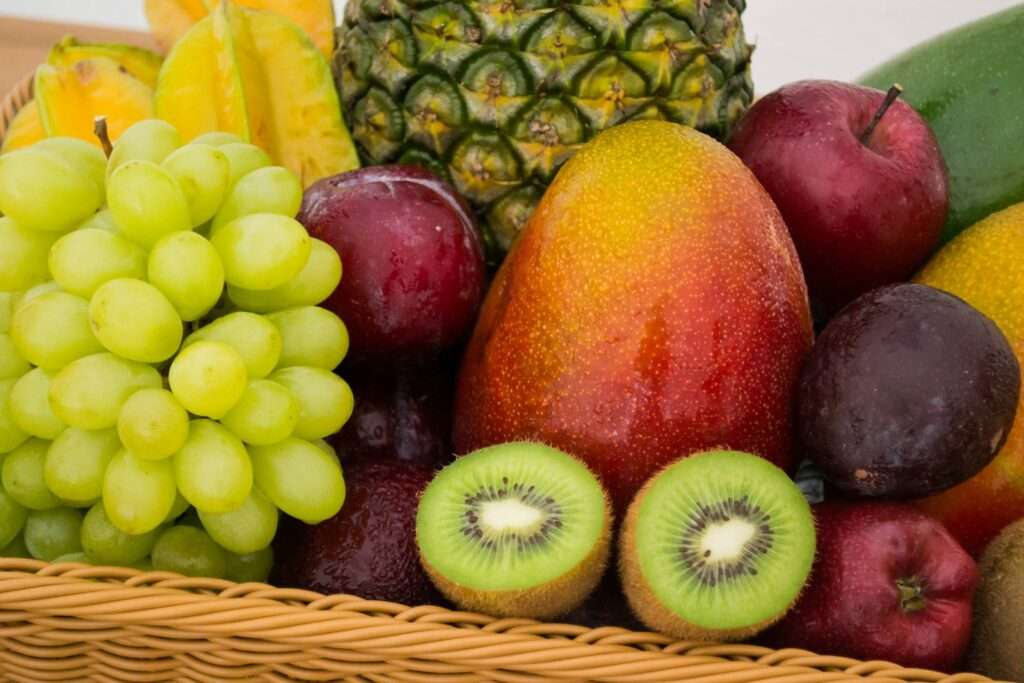
Tip! Do not confuse the absence of sweetness or dryness with the absence of fruit. In a dry wine you will still taste fruit, the wine just won’t taste sweet, like fruit juice.
Semi-Dry Preference: The American Palate
As many Americans are used to consuming foods with a higher sugar content than our European counterparts, many American wine drinkers actually don’t like truly dry wines, instead preferring wines that have at least a little bit of sweetness. These wines are considered semi-dry and we have Coca-Cola’s influence on our taste buds to thank for that.
The Drying Sensation: Tannins vs. Dryness

If a dry wine just means a wine isn’t sweet, then why do so many wine drinkers use the term incorrectly? Often, we confuse the term “dry” with a sense. A common misconception is that a dry wine is a wine that will “dry” out your mouth. So if we like this sensation, we like “dry” wines. This is not the case. A wine that creates a drying sensation inside your mouth is a wine that is strong in tannins (we go into detail about that sensation here), and is not caused from a wine being “dry.”
Alcohol Complexity: Dissecting the Dry vs. High Alcohol Myth
Another misconception is that a “dry” wine is a wine that is higher in alcohol. Therefore, if we like higher alcohol wines, we like “dry” wines. This again is not the case, but we make this connection in our brains because in higher alcohol wines we tend to not only taste the fruit, but also experience more of the actual alcohol flavors.
These flavors can appear in our mouths to have an absence of moisture, which we rationally would think of as being dry. While again, it is possible for a wine to not be sweet and also be high in alcohol, a high alcohol wine is not always “dry.” There are actually some very high in alcohol dessert wines that are incredibly sweet.
10 Facts About “Decoding the Dryness in Wine”

- Origin of Misuse: The term “dry” is frequently misused by wine enthusiasts.
- Common Misconceptions: Dryness is often associated with sensations and alcohol content.
- True Definition: A dry wine contains no residual sugar, lacking sweetness.
- Fermentation Process: Yeast consumes grape sugar, creating alcohol in wine.
- Residual Sugar: Some winemakers leave a bit of sugar, leading to semi-dry wines.
- American Palate: Many Americans prefer semi-dry wines due to a higher sugar diet.
- Sensory Confusion: Drying mouth sensation is linked to tannins, not dryness.
- Alcohol Influence: High alcohol doesn’t necessarily mean a wine is dry.
- Fruit Presence: Dry wines still boast fruit flavors without the sugary sweetness.
- Coca-Cola Impact: American taste preferences influenced by higher sugar foods.
Find out more about our experiences.
You may also want to check out our gallery for past events.
Other interesting links
- CUSTOMIZE YOUR EXPERIENCE
- Team Building blog
- Wine Courses
- THE BLIND TASTING COMPETITION
- THE PERFECT BLEND COMPETITION
- TEQUILA & MEZCAL EXPERIENCE
- Food & Wine Pairing
- VIRTUAL EXPERIENCES
Links to other interesting articles:
73-powerful-team-building-activities
unlock-the-fun-with-18-virtual-team-building-activities
powerful-tips-for-crafting-a-company-culture
Links to other interesting articles:
19-amazing-virtual-team-building-activities
